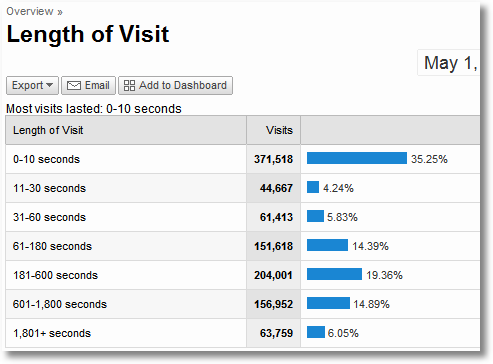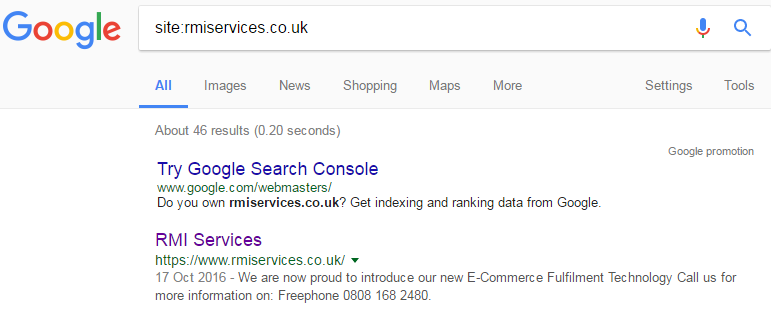SEO
One of the most crucial aspects of marketing in the e-commerce sphere is Search Engine Optimisation, more commonly known by its abbreviation SEO, and there are many techniques marketers can use to improve their website’s ranking position in various search engines. Although placing their emphasis on different variables, experts are generally in broad agreement as to what makes best practice and that is what we will be looking at in this article:
Content
Visitors to websites, particularly company websites, decide within a few seconds whether to stay around and read or leave for a new destination. Therefore, the question is how you produce content that appeals to your target audience.

Some experts argue that your website should be about one thing – and one thing alone, in the words of Jeff Goins, one of the leading lights on SEO, “one primary topic that is most essential to your message”
Whilst this can indeed help, others maintain that the most important aspect is that the content in it is informative, interesting to read and appeals to your target audience. It needs to stand out from that of your competitors.
One of the most commonly overlooked factors when it comes to company websites is actually one of the most essential to get right – producing good content that people want to read. Too many websites tend to reel out information that isn’t particularly informative and is a real chore to read. As Trond Lyngbo puts it you need to “tell stories that people find interesting.”
Keywords
It goes without saying that keyword research and analysis is one of the most crucial aspects of improving your SEO rankings. There is broad agreement that keywords should be included where they matter most and will have the biggest impact – domain name, site title, blog categories etc. On some applications such as Word Press you are able to make these changes in your general settings.
Goins advises to try and use permalink structures that include keywords, using a URL structure that includes text and recommends trying to use keywords in your images.
Link to internal pages
Most of today’s custom-made content management systems (WordPress etc) automatically do this but if yours doesn’t this it’s something you will have to consider. They key is linking your most important pages directly from your homepage and then going on to cross link them with each other. Again, the general rule is so long as they are relevant the more the better as we want to entice as many visitors to the site as possible.
Remove things that slow down website
Some page load times are still quite time-consuming, which in today’s broadband world according to Kissmetrics is quite off-putting to the potential target market, so try and eliminate these if you have any. This can include music players, extra-large images, flashy graphics and unnecessary plugins.

Update website as often as possible
It’s no secret that websites that have their content frequently added to and updated have a tendency to rank higher than those which don’t. In today’s world it’s all about the here and now and you should use this to your advantage by constantly updating your site.
Index your website in search engines
Again today a lot of search engines do this automatically but don’t assume yours will – in fact it’s better to be proactive about this. Make sure that the most popular search engines like Google and Yahoo are crawling your website early and add them if they are not. You can check whether your site is indexed yet by navigating to Google and typing in site:[yoursite.com] in the search bar like this:
Write like a human but speak Search Engines’ Language
Whilst we have mentioned the importance of good, informative and interesting content, it’s just as important to know what things search engines look for and pick up. As Alex Chris points out, “search engines are computer programs and they understand a particular language so with SEO you need to speak that language to help them understand what your website is about”. The more informative signals you can give them, the better your chances of achieving better rankings.
Conclusion/Takeaways
- Content = traffic – start blogging, find out what your customer is struggling with, help them solve it. Write like a human! Remember search engines are only one half of the equation and your customers have a short attention span 🙂
- Do keyword research! Don’t rank for random, unrelated terms, go to Google Keyword Planner now if you have an Adwords account and pick some keywords that relate to your business. Then put them in your URL, Headings, Meta Description and body text.
- Create links to internal pages (through menus, sidebars and in-text links), check your page load times here and follow the tips: https://developers.google.com/speed/pagespeed/insights/
- Get indexed fast, get on the search results pages and start climbing.
Related Posts
March 25, 2022
How to Trust your Intuition when You’re Making a Decision
When you are alone for days or weeks at a time, you eventually become drawn to…
March 22, 2022
Everyday inspired by the Beauty of the Mountains
Last year I wrote about why booking too far in advance can be dangerous for…
March 20, 2022
How to Appreciate the Little Things in Life and be Happy
Just the other day I happened to wake up early. That is unusual for an…




